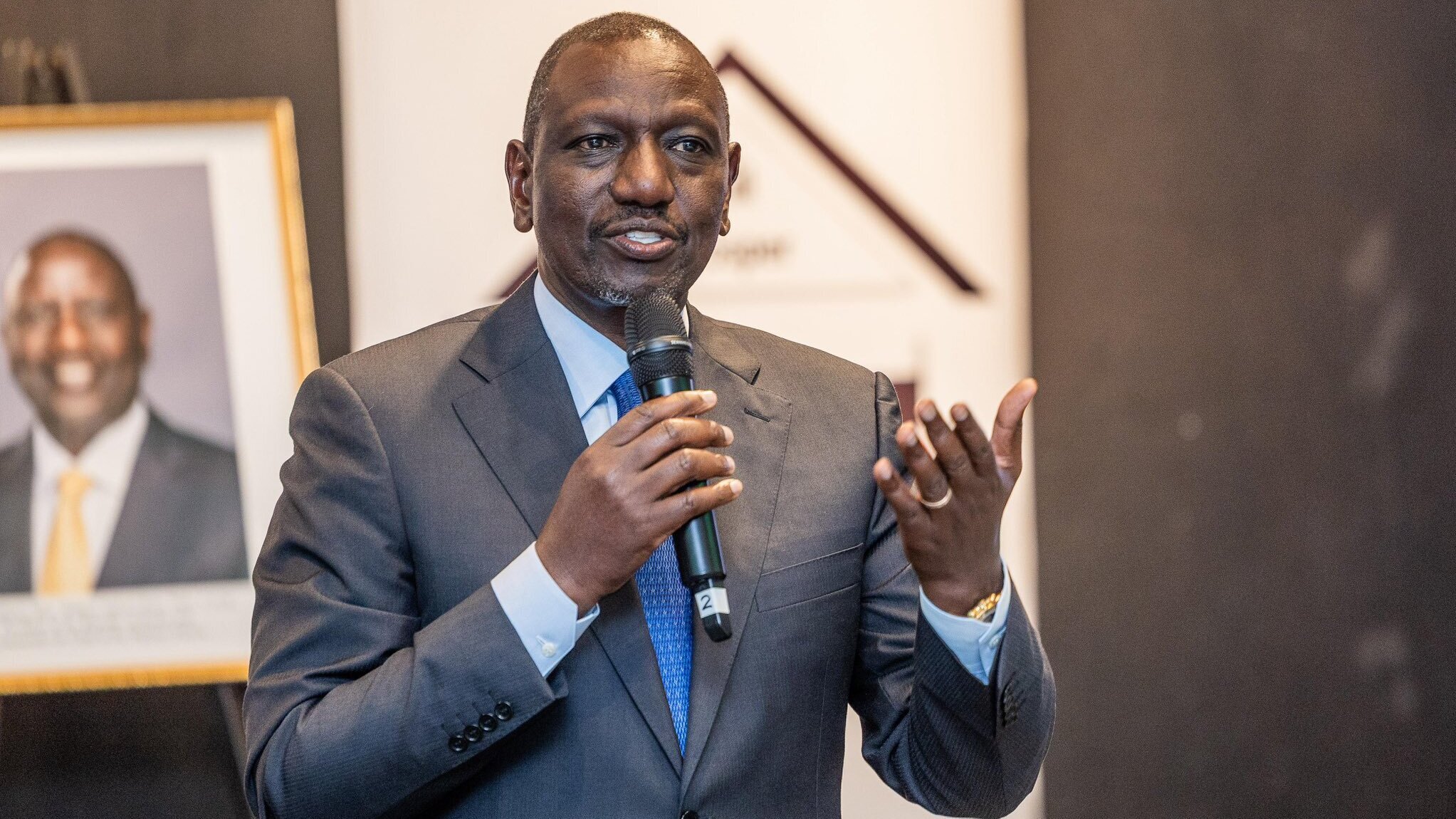Ruto’s State House church sparks outrage
President William Ruto has stirred controversy after confirming that a church is under construction within the State House compound.
He insists the project is privately funded and meant to replace the iron-sheet structure he found when he assumed office.
“I found a mabati church at State House. It was embarrassing. I’m building one worthy of the place,” Dr Ruto said.
But the public response has been swift and unforgiving. Many see the move as a step too far, arguing it undermines the secular spirit of the Constitution.
Mumias East MP Peter Salasya warned that Dr Ruto is forgetting his obligation to all Kenyans.
“You are not just leader of Christians. You lead Muslims, Hindus, and even Atheists,” Mr Salasya said.
Lawyer Ndegwa Njiru was even more direct.
“Kenya bleeds, but you are building a church of marble while the poor dig graves with bare hands,” Mr Njiru posted on social media.
The outrage goes beyond political circles.
On social media, Kenyans questioned the timing.
Others raised fears about the State drifting into religious bias. One user wrote, “God doesn’t vote. We do.”
This is not the first time religion and politics have mixed under Dr Ruto.
During the 2022 election campaigns, he portrayed himself as “God’s candidate.”
He held prayer meetings, quoted scripture, and made church visits part of his political calendar.
His wife, First Lady Rachel Ruto, also played a visible role. She led prayer sessions and was supported by a group of devout intercessors.
These “prayer warriors” now hold meetings inside State House.
To some, this deep religious influence is welcome. But to others, it raises real concerns about impartiality, governance, and the separation between the Church and the State.
Kenya’s Constitution is clear that There shall be no State religion. Yet a permanent church at the seat of power threatens to blur that line.
Constitutional lawyer Kamau Waithaka said the project sends the wrong message.
“It may be a personal act of devotion. But it sets a dangerous precedent,” Mr Waithaka said.
“It risks alienating citizens who do not share that faith.”
President Ruto insists no public funds are involved. But questions linger. Who exactly is paying for it? Will it be open to all or remain private? And what becomes of the structure after Ruto leaves office?
Kenyans are still reeling from police shootings during anti-tax protests. The economy is in crisis. Many hospitals are struggling. Schools need resources. Yet inside State House, a church is rising.
Supporters say it is a sign of strong moral leadership. Critics say it is a misuse of power.
In a country founded on religious freedom and diversity, one thing is clear--the line between faith and politics is now under serious strain.
The President however said that “I'm building the church to worship God, and I dare the devil to do whatever he wants.”

